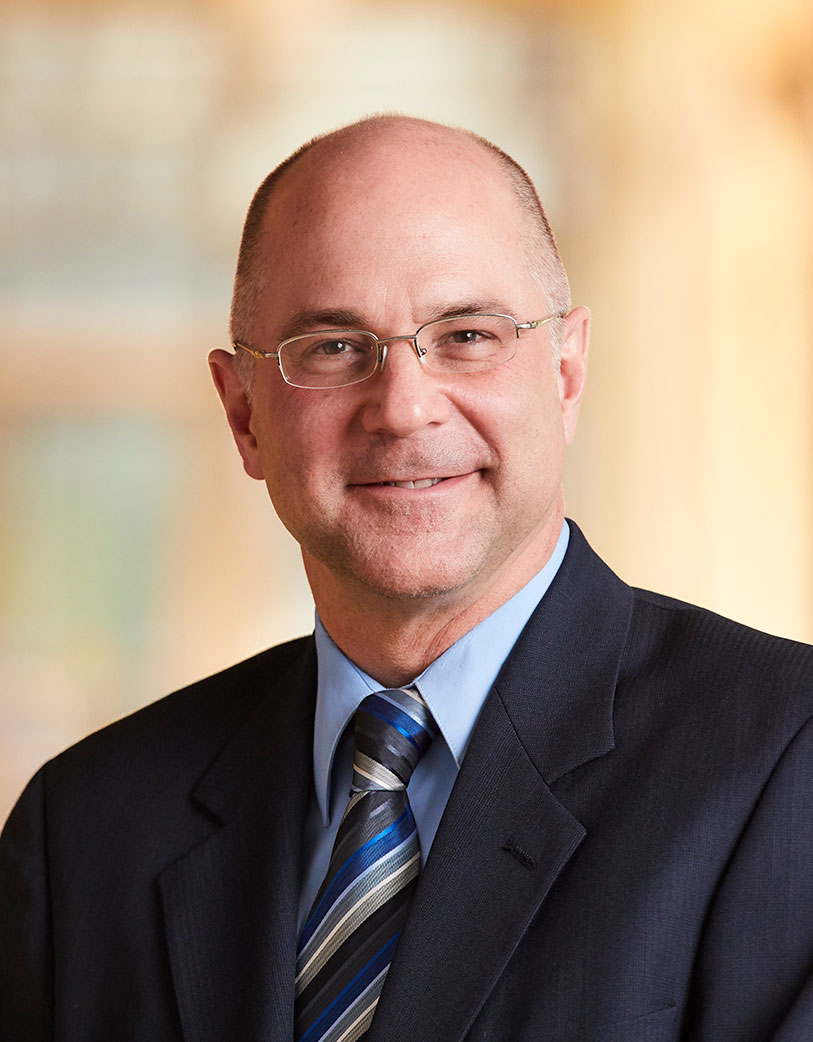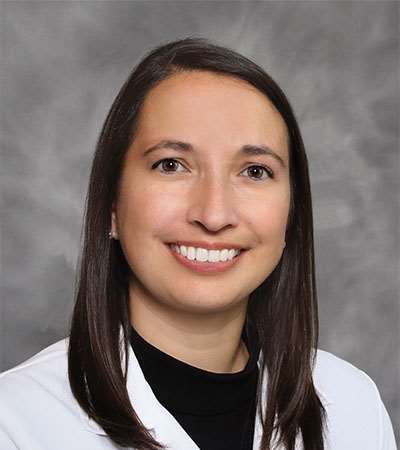Dr. Robert Scheidt receives NSF award for collaborative research advancing stroke rehabilitation technology
September 7, 2025

Dr. Robert Scheidt, Professor in the Marquette–MCW Joint Department of Biomedical Engineering, Dr. Whitney Morelli, Assistant Professor in MCW's Department of Physical Medicine and Rehabilitation, and collaborators have been awarded a $400,000 research grant from the National Science Foundation, M3X program, for the project titled “Collaborative Research: A Machine Intelligence Assessing Motivation, Adapting Challenge, and Fostering Compliance with Cued Therapeutic Activity After Stroke.” This three-year project seeks to address the availability of low-cost, low-burden therapeutic options for the recovery of upper extremity use after partial paralysis caused by stroke.
Functional recovery after stroke is impacted by learned non-use, a scenario in which survivors of stroke lose recovery potential in their affected limbs due to a reluctance to use the limb. Studies have shown that intentional use of the affected limb leads to better outcomes, and current treatment options revolve around the use of occupational therapy. The practice of employing occupational therapy to address learned non-use, however, is not particularly efficient, as the amount of time the patients spend with therapists is limited, though expensive, and functional recovery is best achieved when therapeutic motions are performed at targeted intervals often outpacing the frequency of professional therapeutic sessions. Overall, it is shown that patients often do not see optimal recovery outcomes, and it has been determined that they would benefit from more consistent assistance in prompting the frequency of affected limb use, as well as the type of motion deemed most appropriate given the specificity of the injury and the trajectory of its recovery.
 To address this fundamental lapse in patient care, Drs. Scheidt and Morelli and collaborators at Marquette University and the Medical College of Wisconsin are developing an intelligent wearable system called Souvenir, which works with a smartphone application to support adherence to therapeutic exercises. Using sensors and adaptive machine learning algorithms, Souvenir will monitor patient motivation in real time, adjust exercise difficulty based on functional ability, and deliver targeted physical and digital prompts to encourage consistent limb use.
To address this fundamental lapse in patient care, Drs. Scheidt and Morelli and collaborators at Marquette University and the Medical College of Wisconsin are developing an intelligent wearable system called Souvenir, which works with a smartphone application to support adherence to therapeutic exercises. Using sensors and adaptive machine learning algorithms, Souvenir will monitor patient motivation in real time, adjust exercise difficulty based on functional ability, and deliver targeted physical and digital prompts to encourage consistent limb use.
The project will follow a user-centered design approach that includes computational modeling, system engineering, focus groups, pilot testing, and iterative refinement. The ultimate goal is to demonstrate that an intelligent system can dynamically influence patient behavior to enhance neurorehabilitation outcomes.
This grant has been awarded as part of the M3X program, or Mind, Machine and Motor Nexus program from the U.S. National Science Foundation, which supports fundamental research that enables safe, productive and adaptive interaction between intelligent engineered systems and people in complex and dynamic settings.
Dr. Scheidt is the founder and co-director of the NeuroMotor Control Laboratory, or NMCL, which studies how the brain controls movement, generating information used to develop personalized therapies for improving motor function after neural injuries. Dr. Whitney Morelli, Assistant Professor of Physical Medicine and Rehabilitation at the Medical College of Wisconsin, will act as co-principal investigator on the project. Drs. Scheidt and Morelli will be joined by assistant director of the NeuroMotor Control Laboratory, Dr. Kim Bassindale, as well as Dr. John McGuire, Professor in the Department of Physical Medicine and Rehabilitation also at the Medical College of Wisconsin.
LEARN MORE ABOUT DR. ROBERT SCHEIDTLearn more about Dr. Whitney Morelli
About the Neuromotor Control Laboratory
Led by Professor Dr. Robert Scheidt, the NeuroMotor Control Laboratory is comprised of a multidisciplinary team of biomedical engineers, neuroscientists, and clinicians working to understand how the brain uses sensory information to optimize the control of motion of the arms, hands, and eyes. By understanding how the sensorimotor control systems contribute to dexterous movement and how they degrade due to neural injury—such as stroke and concussion—the NMCL seeks to provide the knowledge and tools needed to develop and deliver individualized training or therapeutic interventions that optimize motor performance throughout the lifespan.
Learn more about the NMCL


 To address this fundamental lapse in patient care, Drs. Scheidt and Morelli and collaborators at Marquette University and the Medical College of Wisconsin are developing an intelligent wearable system called
To address this fundamental lapse in patient care, Drs. Scheidt and Morelli and collaborators at Marquette University and the Medical College of Wisconsin are developing an intelligent wearable system called 